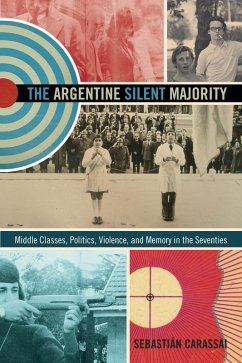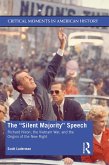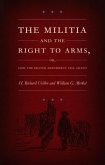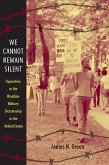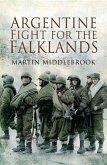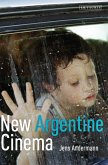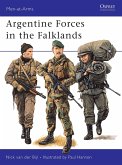In The Argentine Silent Majority, Sebastian Carassai focuses on middle-class culture and politics in Argentina from the end of the 1960s. By considering the memories and ideologies of middle-class Argentines who did not get involved in political struggles, he expands thinking about the era to the larger society that activists and direct victims of state terror were part of and claimed to represent. Carassai conducted interviews with 200 people, mostly middle-class non-activists, but also journalists, politicians, scholars, and artists who were politically active during the 1970s. To account for local differences, he interviewed people from three sites: Buenos Aires; Tucuman, a provincial capital rocked by political turbulence; and Correa, a small town which did not experience great upheaval. He showed the middle-class non-activists a documentary featuring images and audio of popular culture and events from the 1970s. In the end Carassai concludes that, during the years of la violencia, members of the middle-class silent majority at times found themselves in agreement with radical sectors as they too opposed military authoritarianism but they never embraced a revolutionary program such as that put forward by the guerrilla groups or the most militant sectors of the labor movement.
Dieser Download kann aus rechtlichen Gründen nur mit Rechnungsadresse in A, B, BG, CY, CZ, D, DK, EW, E, FIN, F, GR, HR, H, IRL, I, LT, L, LR, M, NL, PL, P, R, S, SLO, SK ausgeliefert werden.

